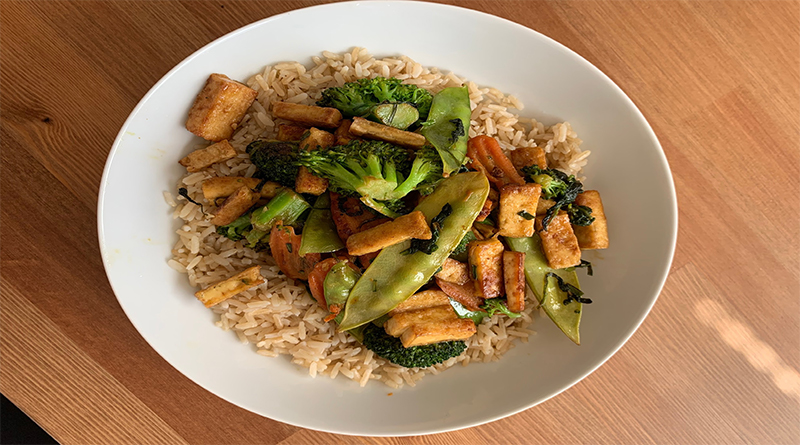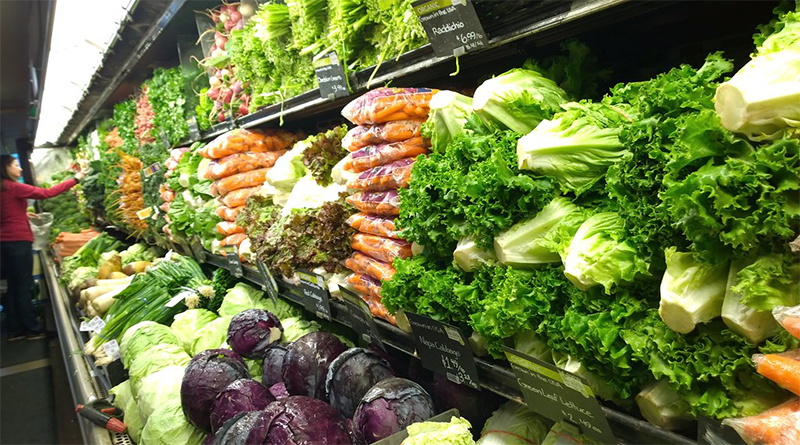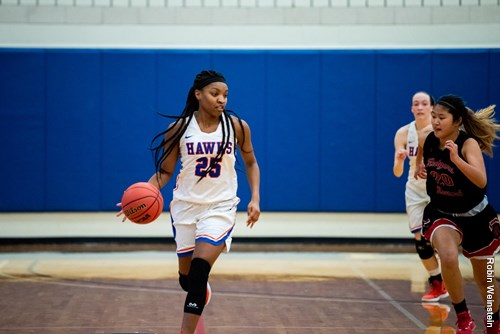By Emily Fego
For most students, college is their first taste of freedom before entering the “real world.” But, this step toward independence brings up one question: how long can you survive off of boxed mac and cheese before you learn to shop and cook for yourself?
The realization that processed foods are not a sustainable choice for your body does not mean your job is over. In light of concern regarding climate change, eating sustainably for the sake of the Earth’s health should be at the front of our minds as well.
Here is some information about how your food choices can benefit your body and the health of the environment while attending college.
Find where to shop
Dietitian at SUNY New Paltz, Marie Murphy, noted that the New Paltz area has a lot of local farming which SUNY New Paltz geography professor, Tim Vatovec, agreed can help cut down on pollution from transportation of goods. For local food options, the New Paltz Open Air Market is open on Sundays and is located on Church Street, in the heart of the town. If you are looking for a wider selection of items, check out the Wallkill View Farm Market at 15 State Route 299.
Eat less meat

Lawrence McGlinn, professor of geography and program director for environmental studies said, “For the modern American system of large-scale food development you need pesticides and fertilizers which are petroleum intensive.” McGlinn is referring to the pesticides and fertilizers used to grow the crops designated for livestock to eat in addition to the fuel used to transport the animals and meat. Vatovec agreed and said, “This whole chain is very damaging to the environment; no matter the quality or nature of the meat grown, there is significant environmental impacts.”
As a vegetarian himself, Vatovec advised starting off small by consciously not eating meat for a few days a week. He said, “Also, choice of meats eaten can matter. I know people who do not eat a lot of beef in favor of chicken, which can have less of an impact on the environment.”
Murphy said she is generally supportive of individuals who decide to cut meat out of their diet as long as they are conscious of potential deficiencies. The deficiencies vegans should be most aware of are vitamin D and B12 but could also include iron, calcium and protein.
Murphy supports such dietary choices for individuals interested in how food choices impact the planet but is sure to mention that it is not for everyone. She said, “The only time I would not recommend a vegetarian or vegan diet would be if there is an eating disorder that’s involved or if there’s an outstanding deficiency in which it is medically necessary for that person to have animal based foods for the nutrients they provide.”
Find the dairy alternative for you
The choices for dairy alternatives are plentiful which can make choosing the right one difficult. Vatovec and Murphy both mentioned soy milk as an alternative. Soy is a great source of protein for those who might be cutting out other sources of protein found in animal products out of their diet. Murphy suggests alternatives like almond, oat and coconut milk for those who decide to keep meat in their diet but would like to cut down on their cow milk intake.
Know when to choose organic

Organic food choices can be an issue of affordability for many college students. Both McGlinn and Murphy suggested doing your own research on the website called the Environmental Working Group.
This site contains two lists, the Dirty Dozen and the Clean 15 which can help students decide which produce is worth paying the premium price for and which conventionally grown products are considered to have low pesticide exposure. The most recent list shows strawberries at the top of the Dirty Dozen list and avocados at the top of the Clean 15.
Now what?
Vatovec said, “The collective must start somewhere – with individuals,” Vatovec continued. “Individual choices at the grocery store do matter, and in all consumption, consumers can force changes through their shopping habits, boycotting brands and companies, and making others aware of what they see as problematic with what is going on.”
Featured image: Wallkill View Farm Market photographed by Emily Fego.
Check out more interesting tutorials about living in college here.
Nadine Cafaro shares how ceramics can be a one time try or become the perfect hobby if you’re looking for something easy and affordable.
Joseph Juste explores an alternate career path and how to become your own boss.
Taylor Dowd shows us a few tricks on how to succeed at managing stress.
Devon DeGroat gives us some helpful tips on how to eat healthy while away at college.
Kelsey Fredricks points out a few ways to kickstart your career while still in college.
Nikki Donohue shares how easy and important it is to become a politically active college student.
Emily Harter gets real about how to get the three P’s: the perfect pregame playlist.
Brandon Whiting shows how easy and accessible studying abroad actually is.
Annemarie Durkin offers advice about how to find the major that is just right for you.
Brian Rice offers some great information about why you should be avoiding all-nighters.
Jake Mauriello offers tips to help stay organized in school.
